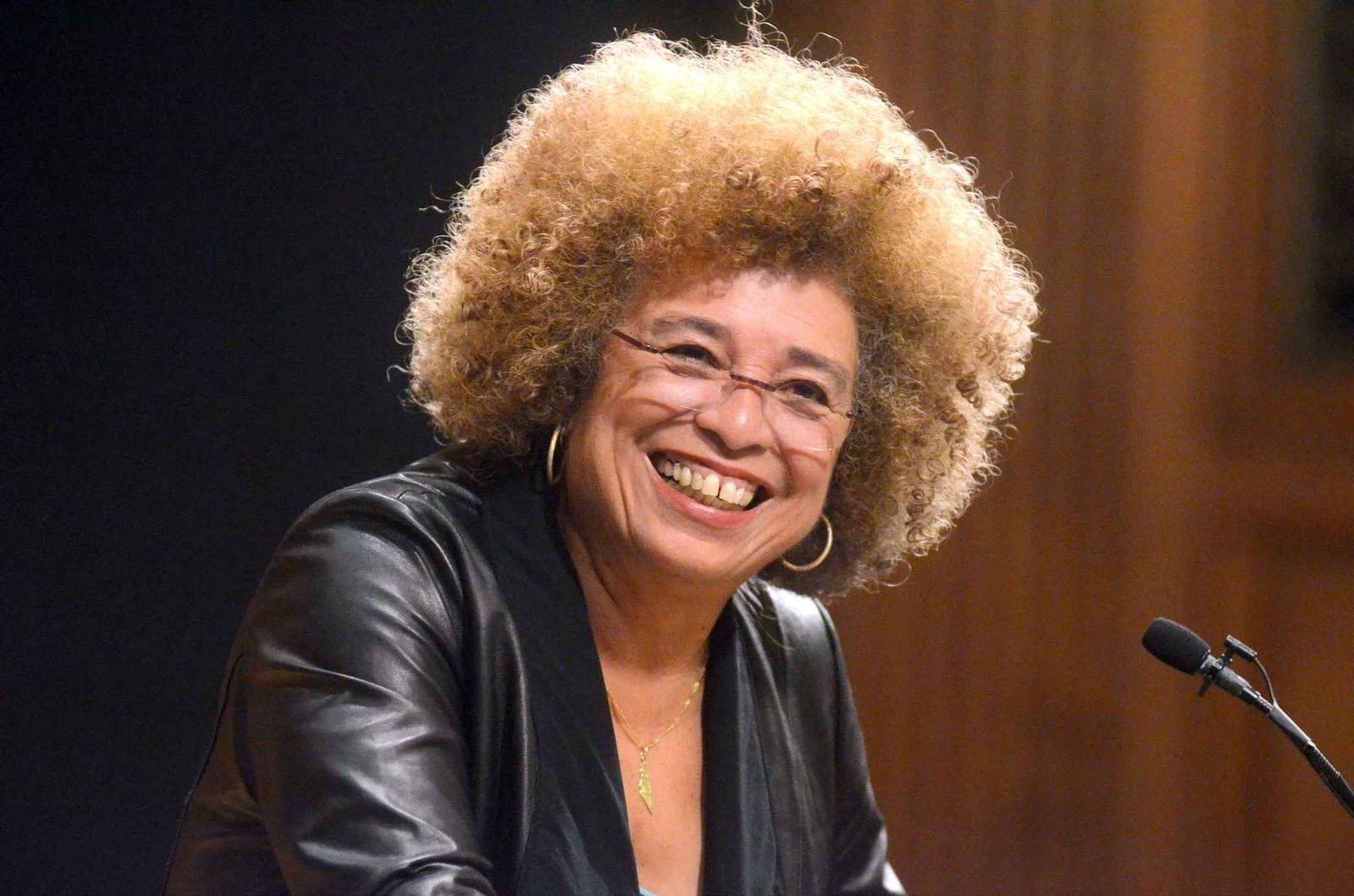‘Young activists of today stand on our shoulders and see what we have seen and more. But we do not provide a steady foundation.”
These were the words spoken by African-American Professor Angela Davis at the 17th annual Steve Biko Memorial Lecture on Friday evening.
Biko was killed in detention on September 12 1977. His death followed hours of brutality at the hands of apartheid police.
Hundreds gathered in Pretoria, where Biko died, to hear Davis give the keynote address, titled Legacies and Unfinished Activism.
Political analyst Dr Somadoda Fikeni said in welcoming Davis that she was about to, “disturb, provoke and agitate”.
Deafening applause filled the ZK Matthews Great Hall at the University of South Africa as Davis took to the podium sporting her trademark Afro.
That she has kept abreast of developments in South Africa after 1994 was obvious as she paid homage to South Africans who were keeping up the fight, from Helen Joseph – who was among those who led the march to the Union Buildings – to Wits University student Shaeera Kalla who was among those who led the #FeesMustFall mass movement last year – and even the protesting young students from Pretoria High School for Girls.
Recalling her earlier days as an activist, the social activist, feminist, former Communist Party and Black Panther member spoke fondly of the ANC and the SA Communist Party. She described the anti-apartheid campaign as a “beacon of hope,” and its leaders as her leaders.
But she did not spend 27 hours aboard a plane to come and leave anyone feeling warm and fuzzy; she came to disturb, provoke and agitate.
“I wouldn’t have imagined that two decades after the defeat of apartheid we would be confronted with such militaristic responses to people’s protest,” Davis said, expressing disappointment at the South African government.
She was scathing and frank in her critique of the older generation’s failure to support young people who she says have always been at the forefront of “radical change”.
“Students today are realising that these legacies reveal unfulfilled promises of the past and therefore give rise to new activisms.”
The activist received wild applause when she called out her generation for taking themselves and their knowledge “too seriously”, and as a result failing to support young people. She said it was important they allowed the youth to make their own mistakes and learn from them.
“The revolution we wanted was not the one we produced,” she said of her generation.
Even as students in South Africa wait to get word of next year’s fee hike, Davis came out in support of their call for free quality education.
“The demands for free education are possible because we continue to live with the mandates of capitalism. We are compelled to think of education as a commodity.”
Turning her attention to protest action in her home country, Davis praised the women who started the #BlackLivesMatter movement in America. She slammed the view that the movement was “leaderless”, because it was not led by the usual suspects of charismatic, church-going men.
She called on the legacies of Nelson Mandela and Steve Biko to continue to be acknowledged, but not without critique. In the new wave of protests across the globe, it will be the marginalised that would lead the pack.
“We need the leadership of those who have been silenced.”
Addressing the media in a briefing after the lecture, Davis said that she was not in a position to advise South Africa on what should take place once the fee hike or fee freeze is announced, but that platforms of engagement from both sides – institutions and protesters – should remain open.
“My advice to students is always to find allies, never to put oneself out on a limb. That could mean finding allies among other students. It means developing a base of support. It means finding workers who will also serve as that support and finding a faculty that will also be that support to students. Organising is important.”
In 1970 Davis was on the FBI’s 10 Most Wanted list after charges of murder, kidnapping and criminal conspiracy were laid against her.
This came after 17-year-old Jonathan Jackson smuggled guns into a courtroom and gave them to three convicts. A judge, who was taken hostage by the men, was shot dead, but it was not clear who fired the fatal shot.
Davis was tied to the murder because the guns were in her name.
She spent 18 months in prison and was ultimately acquitted.
Although she said at the time it was the happiest day of her life, Davis was quoted by The New York Times to have said: “A fair trial would have been no trial at all.”
[Source: News24]





 WhatsApp us
WhatsApp us 

